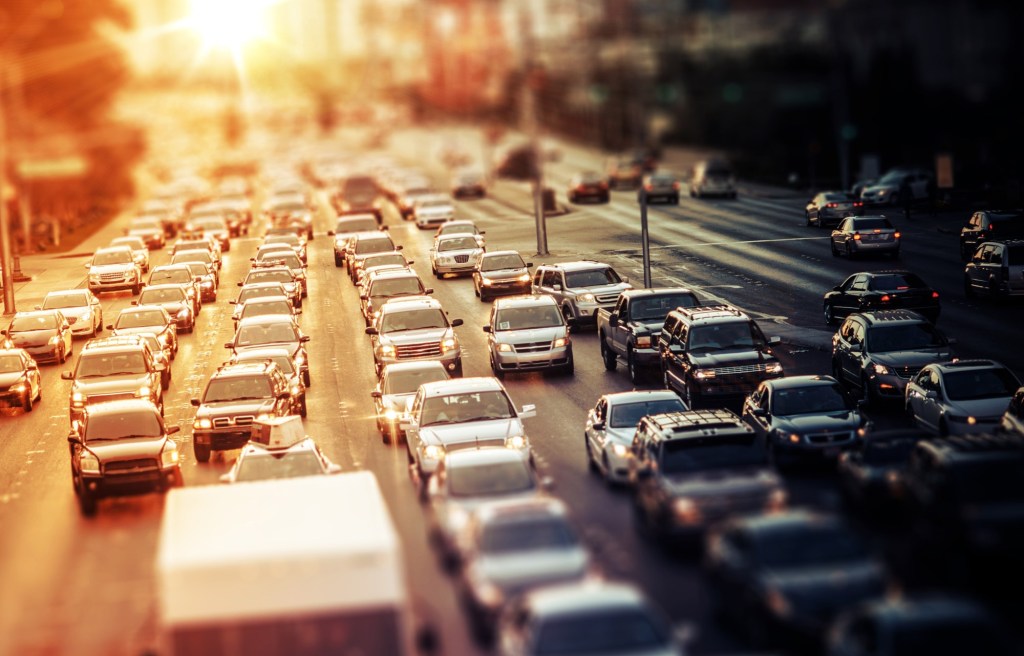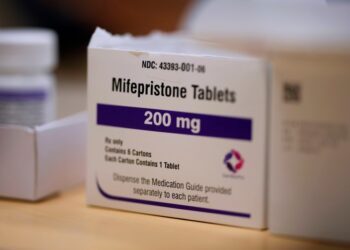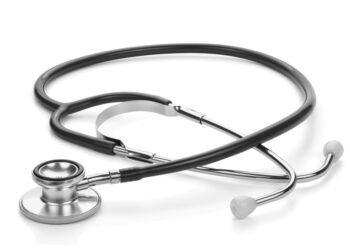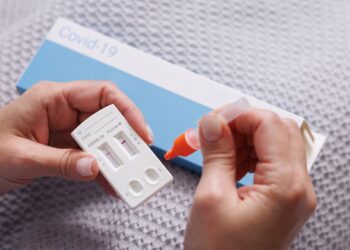SEATTLE — Even brief exposure to highway pollution could cause significant increases in blood pressure, a new study from the University of Washington has found, adding to a growing body of work correlating vehicle exhaust with negative health outcomes.
The effects are near immediate: Two hours in Seattle’s rush hour was enough to increase blood pressure by nearly 5 millimeters of mercury, a jump that would push someone with normal levels to elevated or from elevated levels to stage 1 hypertension.
The peer-reviewed study, published in the Annals of Internal Medicine, was conducted by a team at the UW, led by Dr. Joel Kaufman, a university physician and professor of environmental and occupational health sciences. The increase, he said, was about what you’d expect to see in someone who switched from a low-salt to high-salt diet.
“It’s a real interesting, important number that if you think of millions of people having this exposure every day, that’s moving a lot of people from the normal to the high blood pressure range,” Kaufman said. “That has a lot of impact on the risk of heart attacks and strokes.”
At a micro level, the study suggests a need for improved filtration in vehicles; absent a HEPA filter, most cars fail to catch possibly harmful particles piped in from the outside.
On a broader level, it’s another data point in a larger conversation around how the country’s highway system harms those whose daily lives are shrouded in tailpipe fumes. Low-income and working-class communities, often with large populations of people of color, are disproportionately likely to live near major highways. When the highway system was built to begin with, it was often through well-established Black or Latino neighborhoods.
“The big issue here is not just about being in the car,” said Kaufman. “The big issue is that lots of people breathe traffic-related air pollution. That could be walking or biking or…
Read the full article here







